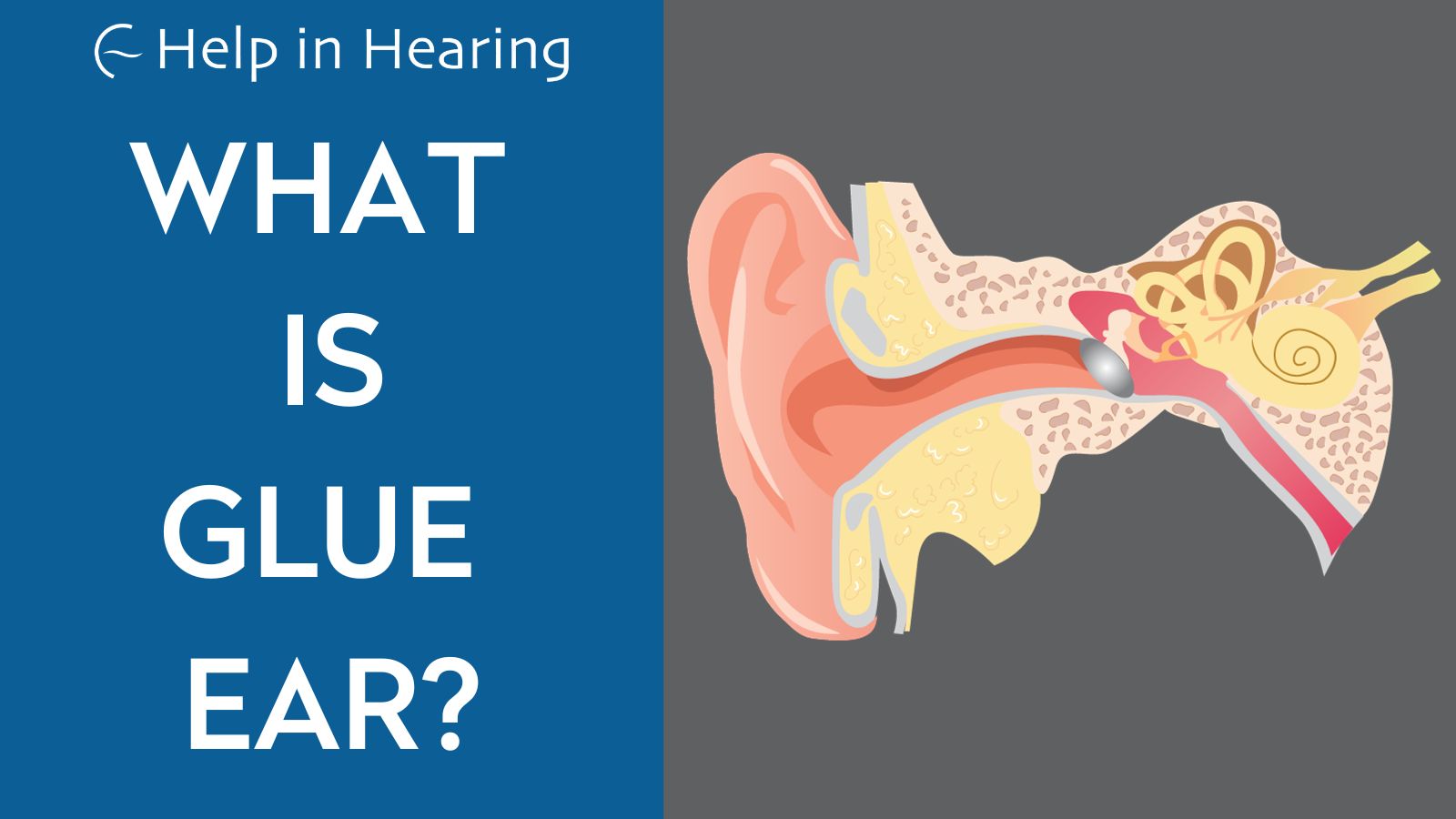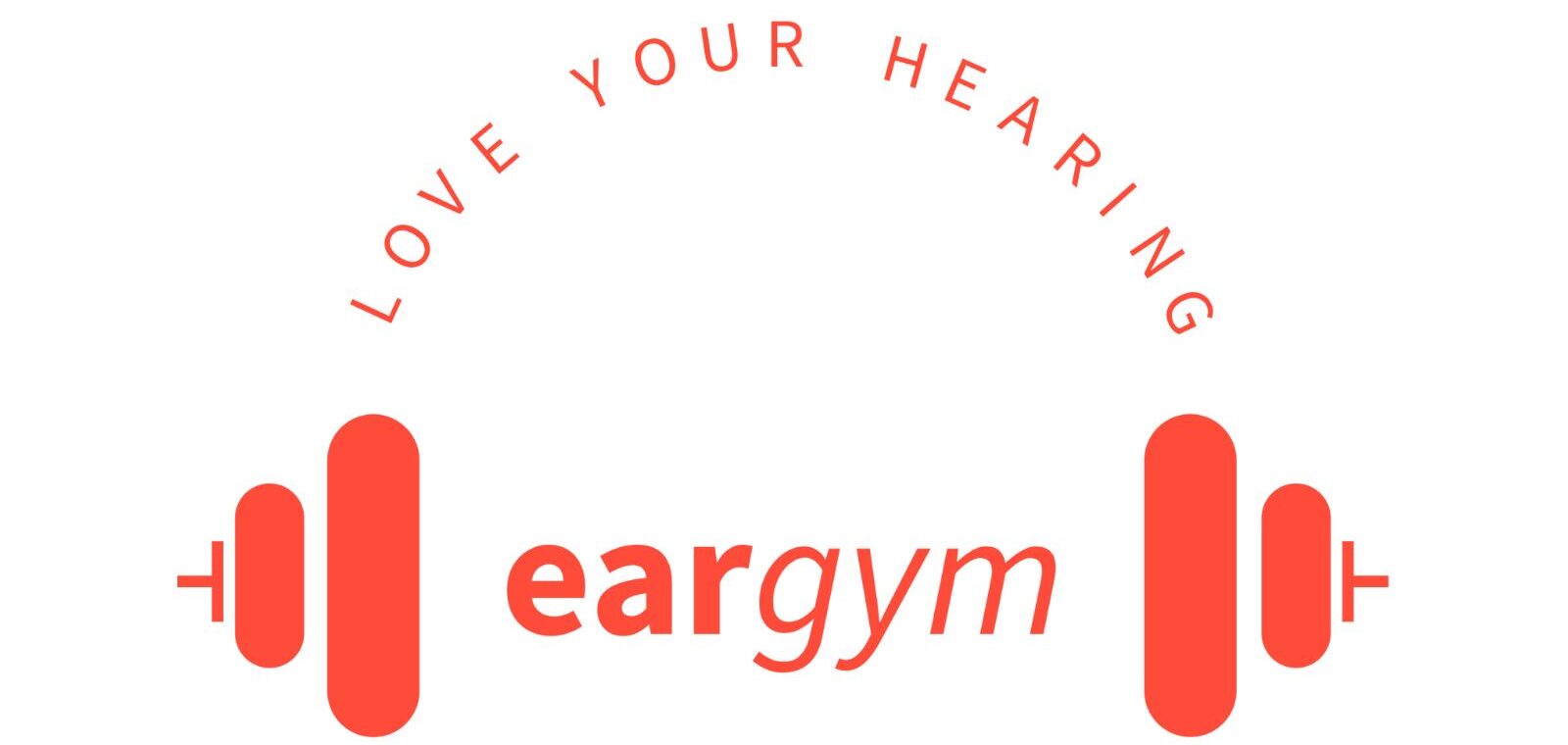
Dementia Action Week – our reminder of the benefits of hearing aids
An estimated one in 14 people over the age of 65 in the UK lives with dementia and the total number of people affected is increasing every year and by 2025, it is predicted to be around one million.
It is Dementia Action Week 16th – 22nd May run annually by the Alzheimer’s Society, the UK’s leading dementia charity. Since 1979, it has been campaigning for change, funding research on care and a cure, and supporting those affected by dementia. This year’s awareness week theme is “diagnosis”.
The current lack of a cure means that there is a particularly strong focus on prevention. Last year the Daily Telegraph published a dementia myth-busting guide put together by scientists which they say covers everything you need to know about the condition, and how to look after your brain.
How a hearing aid could save your brain
 Included in the guide was a reference to how wearing a hearing aid could save your brain. According to Prof Gill Livingston, University College London, who was the lead author on last year’s Lancet Commission on dementia prevention, intervention and care hearing impairment is the single biggest preventable risk factor for Alzheimer’s. “We believe that hearing loss could be responsible for as many as eight in every 100 cases of dementia,” she says.
Included in the guide was a reference to how wearing a hearing aid could save your brain. According to Prof Gill Livingston, University College London, who was the lead author on last year’s Lancet Commission on dementia prevention, intervention and care hearing impairment is the single biggest preventable risk factor for Alzheimer’s. “We believe that hearing loss could be responsible for as many as eight in every 100 cases of dementia,” she says.
“We think that’s because losing your hearing is associated with diminished cognitive stimulation. When your brain is in a cognitively stimulating environment, this causes positive physical changes, and the best way to create an environment like that is to talk to other people: you can’t anticipate what they’re going to say and you have to respond to it; you hear different points of view, and that works your brain.
“But if you can’t easily hear what other people are saying, you may begin to avoid other people. This lack of social stimulation can lead to depression, which is another risk factor for dementia.”
Removing a risk factor
The good news is that getting a hearing aid can remove this risk factor entirely. “From the population studies out there, we can see that people who use hearing aids don’t have any higher risk of dementia than people who don’t have a hearing impairment.”
Please do get your ears and hearing checked. Our hearing assessments not only include an array of diagnostic hearing tests, but also the opportunity to talk to a highly experienced, independent audiologist.
Information used in this blog, was originally featured in the Daily Telegraph, 11th December edition. You can read the full article here.




This Post Has 0 Comments